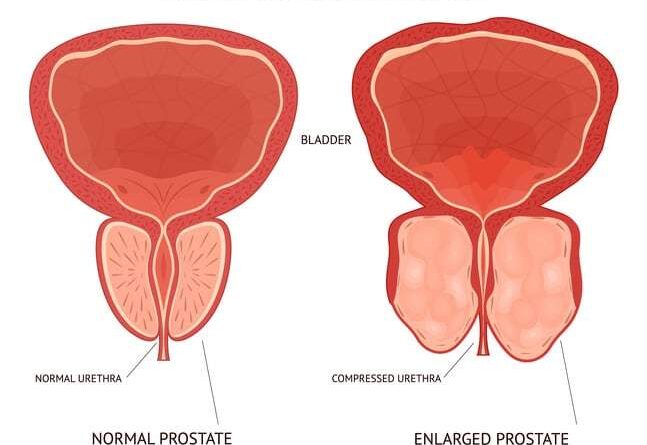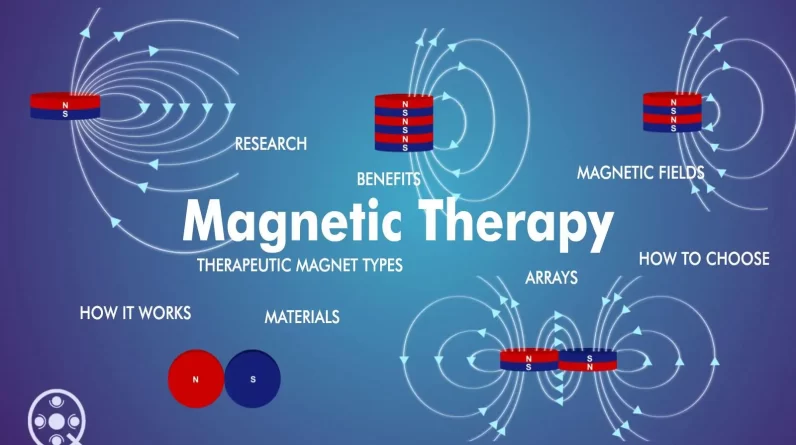
Understanding prostate cancer is the first step in addressing this daunting question. Prostate cancer is one of the most common forms of cancer affecting men. However, the prognosis varies greatly from person to person.
Understanding Prostate Cancer
Symptoms of Prostate Cancer
Symptoms may not be evident in the early stages of Prostate cancer. When symptoms do appear, they might include frequent urination, blood in the urine, or lower back pain.
Risk Factors
Risk factors include age, family history, and race, with African-American men at a higher risk.
Prognosis without Treatment
Natural Progression of Prostate Cancer
Prostate cancer often progresses slowly. Some men may live many years, even decades, without any treatment, especially if the cancer is localized and not aggressive.
Factors Influencing Survival Rate
Several factors influence survival rate, including the cancer’s stage and grade, the patient’s overall health, and age.
Why Some People Opt Out of Treatment
Personal Reasons
Some men may choose not to undergo treatment due to the potential side effects, which can include urinary incontinence and sexual dysfunction.
Medical Considerations
In other cases, medical professionals may not recommend treatment if the patient has other serious health issues or a non-aggressive form of the disease.
Potential Complications
Physical Complications
Without treatment, prostate cancer can spread to other parts of the body, causing additional health problems.
Psychological Impact
Living with untreated prostate cancer can also have a significant psychological impact, causing anxiety and stress.
Alternatives to Standard Treatment
Holistic Approaches
Some men may turn to holistic approaches such as diet modification, exercise, and stress management.
Clinical Trials
Clinical trials offer another avenue, potentially providing access to new treatments.
Pros and Cons of Alternatives
While these alternatives may help manage symptoms or potentially slow cancer progression, they aren’t proven to cure prostate cancer.
In Conclusion
Deciding to live with untreated prostate cancer is a deeply personal decision that should involve thorough discussions with healthcare professionals, family, and counselors. Remember, medical research and treatment methods are continually evolving, providing hope even in challenging circumstances.
FAQ
- What is the life expectancy of a man with untreated prostate cancer?
The life expectancy varies greatly depending on several factors, including the type and stage of the cancer, and the individual’s overall health. - Can prostate cancer be slow growing and not require treatment?
Yes, some forms of prostate cancer are slow-growing and may not require immediate treatment. - What are the signs that prostate cancer has spread?
Signs may include bone pain, weight loss, and changes in urination. - Are there natural remedies for managing prostate cancer symptoms?
While natural remedies cannot cure prostate cancer, they may help manage symptoms and improve overall health. Always consult with a healthcare professional before starting any new regimen. - What are the side effects of prostate cancer treatments?
Common side effects can include urinary incontinence, erectile dysfunction, and bowel issues. - What is active surveillance?
Active surveillance involves regular monitoring of the prostate cancer without undergoing aggressive treatment unless the cancer shows signs of progression. - How often should you get checked if you have prostate cancer?
The frequency of check-ups can depend on the cancer’s stage and progression rate. It’s important to follow your healthcare professional’s advice on this. - Can lifestyle changes influence prostate cancer progression?
Some studies suggest that a healthy diet and regular exercise can help slow the progression of prostate cancer, but more research is needed. - What emotional support is available for those diagnosed with prostate cancer?
Support can come from various sources such as support groups, mental health professionals, friends, and family. Many hospitals and clinics also offer patient support services. - Can you lead a normal life with untreated prostate cancer?
Many men can lead a relatively normal life with untreated prostate cancer, especially if the disease is slow-growing. Regular monitoring and a healthy lifestyle can aid in managing the disease.







